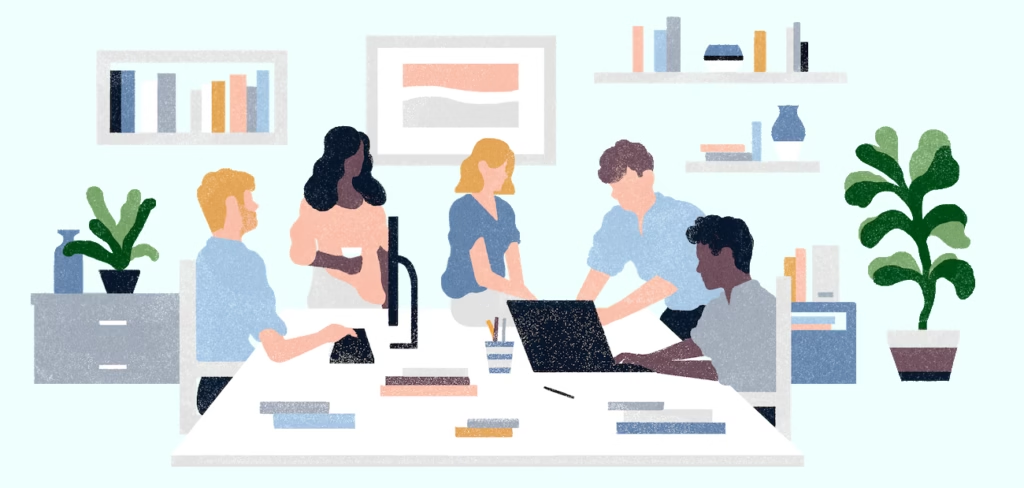“If corporations can take away what you bought,
did you ever really own it? “
What Does It Mean to “Own” Digital Content?
In today’s digital economy, ownership has taken on a complex meaning. Purchasing a movie, song, or software doesn’t always grant true control—it often means licensing access under restrictive terms. This shift challenges conventional ideas about property and introduces a philosophical dilemma: If consumers aren’t getting full ownership, can piracy really be labeled as theft?
Piracy vs. Theft: A Misaligned Comparison?
The term theft suggests something is taken and no longer accessible to its original owner. In contrast, piracy—especially digital—usually involves duplication, not deprivation. That distinction matters, particularly when:
- The original creator retains access
- The product isn’t scarce or physical
- Licensing models already limit usage rights
Consumers may feel morally conflicted, especially if they’re locked out of content they paid for due to outdated DRM or platform shutdowns.
The Rise of Conditional Access
Here’s a quick SEO-friendly comparison that highlights the tension between expectation and reality:
| Feature | Buyer’s Expectation | Actual Digital Experience |
|---|---|---|
| Ownership | Permanent control | Temporary access |
| Shareability | Free to share | Restricted by license |
| Offline access | Always available | Platform-dependent |
| Modify/use freely | Full rights | DRM-controlled |
These limitations explain why some consumers view piracy less as a crime and more as a workaround to what feels like an unfair exchange.
A Shift Toward Digital Ethics
This argument doesn’t promote piracy—it promotes critical thinking about how digital goods are marketed, priced, and protected. Instead of defending outdated labels, creators and distributors can:
- Offer clearer ownership rights
- Eliminate confusing license terms
- Embrace transparent pricing models
Doing so could reduce piracy by restoring fairness and trust.
From Physical Possession to Temporary Access
In the past, buying a product—whether a vinyl record, a paperback book, or a DVD—meant you owned it indefinitely. You could lend, resell, or even destroy it without restrictions.
Today, digital purchases operate under licensing agreements that often strip away these rights:
- E-books (Kindle, Apple Books): Can’t be resold or easily shared.
- Games (Steam, Epic Store): Tied to accounts; revoked if banned.
- Movies & Music (iTunes, Amazon): Can disappear if licenses expire.
- Software (Adobe, Microsoft): Subscription-only models mean you never own the product.
The Frustration of Artificial Scarcity
Many consumers feel cheated when:
- A purchased movie is removed from their library.
- A game they “own” becomes unplayable due to server shutdowns.
- An e-book cannot be transferred to another device freely.
The Legal Definition: Copyright Infringement ≠ Theft
Legally, piracy is copyright infringement, not theft. Key differences:
| Theft (Physical Goods) | Piracy (Digital Media) |
|---|---|
| Deprives the owner of the original | Original remains untouched |
| Tangible loss (e.g., stolen car) | No direct financial loss (unless sale is missed) |
| Prosecuted under criminal law | Mostly civil violations |
Courts have ruled that piracy doesn’t equate to theft (Dowling v. United States, 1985), yet industry groups still push the narrative that “piracy is stealing.”
The Ethical Debate: Is Piracy Justified?
Some argue piracy is a form of protest against restrictive practices:
- Abandoned Media: Games/movies no longer sold (e.g., old Nintendo titles).
- Excessive DRM: Makes legally bought content unusable (e.g., always-online requirements).
- Unfair Pricing: Academic journals, software subscriptions pricing out average users.
Critics counter that piracy harms creators, but studies (like the EU’s 2017 Piracy Study) suggest pirates often spend more on legal content than non-pirates.
How Corporations Fuel Piracy
Restrictive DRM & Always-Online Requirements
- Ubisoft, EA: Games requiring constant internet checks, even for single-player modes.
- Adobe: Moving to a subscription-only model, forcing users to pay indefinitely.
- Netflix, Disney+: Removing purchased films from libraries (e.g., Infinity War delisting).
These practices push users toward piracy for convenience and permanence.
The “Piracy as a Service” Problem
Ironically, legal streaming has become so fragmented (Netflix, Hulu, Max, Peacock, etc.) that many users turn to piracy simply to avoid juggling 10+ subscriptions.
Final Takeaway
“If buying isn’t owning, then piracy isn’t stealing” is less a loophole and more a mirror—a reflection of consumer frustration in the age of digital consumption. It urges developers, lawmakers, and consumers alike to redefine what ethical access means and how ownership should evolve.
![]()








